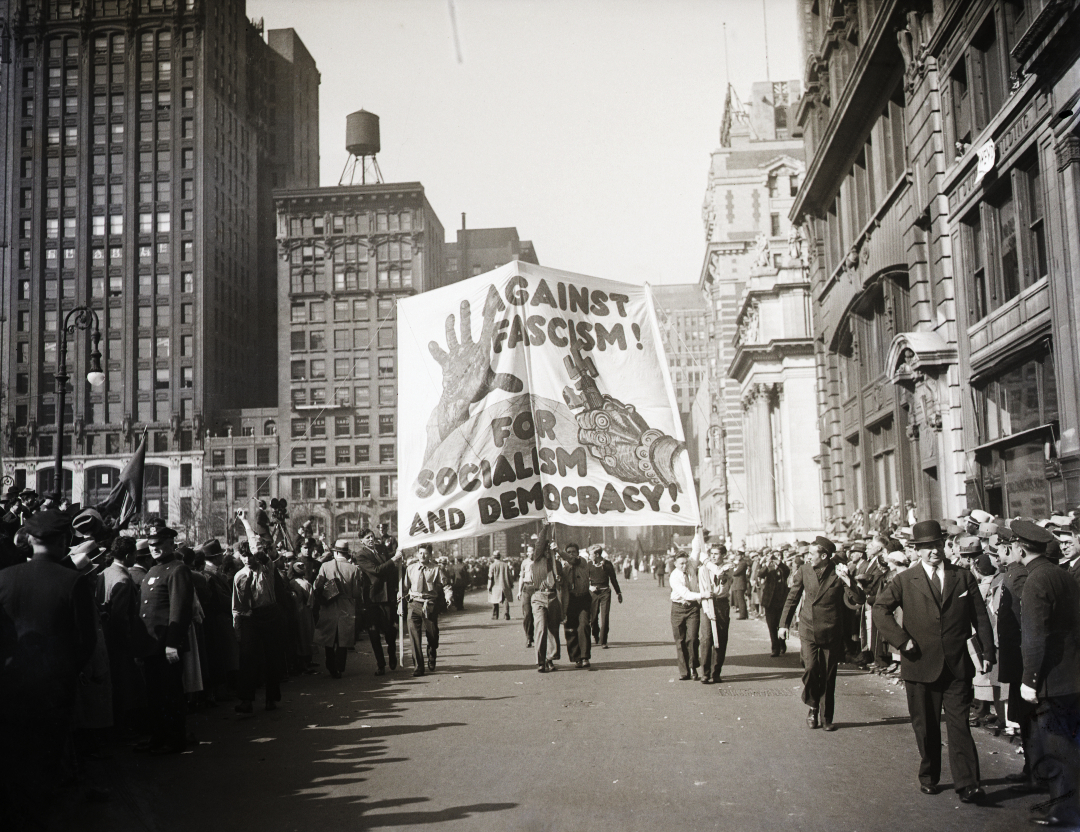Review of The Political Theory of Liberal Socialism by Matt McManus (Routledge, 2024)
We live in a moment of ideological vertigo. Donald Trump has dominated the Right for a decade, alienating much of its traditional neoconservative/libertarian base with a populism that has attracted working-class voters, wayward left-leaning conspiracy theorists, and tech-industry robber barons. Kamala Harris lost the presidency, campaigning on a familiar liberal platform while touting the enthusiastic support of Dick and Elizabeth Cheney. Bernie Sanders, embracing the label “democratic socialist,” has taken a generally antagonistic posture toward the Democratic Party’s traditional centrist-liberal wing while simultaneously working with it to try to pass a New Deal–style agenda.
With the US left preparing to wander the political desert, we might see this broad scrambling of alliances and rivalries as an opportunity for coalition-building. Yes, mutual enmity between liberals and socialists has manifested itself in presidential campaigns, social media wars, and activist infighting. But if Donald Trump, Robert F. Kennedy Jr, and Elon Musk can find common cause in this moment, isn’t it reasonable to hope that liberals and socialists could come to see eye to eye?
One could be excused for answering “no.” Liberals are typically seen as traditional defenders of a narrowly conceived individual freedom and private property rights, situated within a market system supported by a meager social safety net. Socialists are seen as supporters of economic equality, worker control of the workplace, and collective self-realization. The former is associated with market competition and individual choice; the latter with…
Auteur: Paul Schofield

